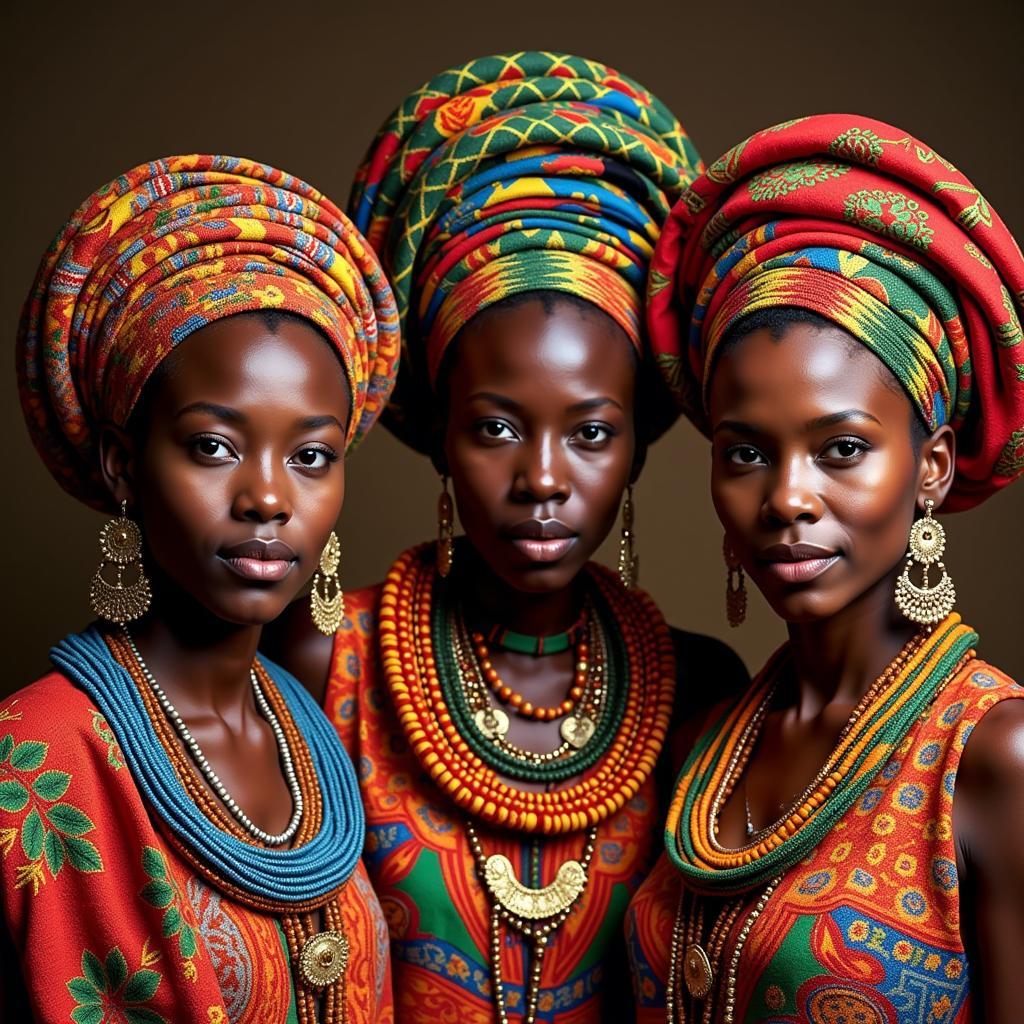African Folktales in the New World: A Legacy of William Bascom
African folktales in the New World represent a powerful testament to the enduring legacy of African culture, a topic extensively explored by renowned folklorist William Bascom. These narratives, carried across the Atlantic during the transatlantic slave trade, not only preserved cultural memory but also adapted and evolved, creating new expressions of identity and resistance in the Americas.
Unveiling the Rich Tapestry of African Folktales in the New World with William Bascom
William Bascom’s groundbreaking work significantly illuminated the influence of African folktales in shaping the cultural landscape of the New World. He meticulously documented and analyzed these narratives, highlighting their significance as vehicles for cultural transmission and survival. His research demonstrated how these stories, often disguised or adapted, continued to express African values, beliefs, and worldviews in new contexts.
The Journey of African Folktales Across the Atlantic
The forced migration of Africans to the Americas resulted in a complex cultural exchange, with folktales playing a central role. These stories served as a lifeline to the past, offering solace and a sense of continuity in the face of brutal oppression. They also became a means of communication and education, passing down important cultural knowledge and traditions to younger generations.
Adaptation and Transformation in New World Contexts
While retaining core African elements, these folktales underwent significant transformations in the New World. They blended with indigenous and European narratives, creating unique hybrid forms that reflected the diverse cultural landscape of the Americas. This process of adaptation demonstrated the resilience and creativity of African culture in the face of adversity.
The Significance of William Bascom’s Contributions
William Bascom’s meticulous scholarship played a pivotal role in understanding the importance of African folktales in the New World. His work challenged prevailing notions about the supposed cultural erasure of enslaved Africans, highlighting the persistence and adaptability of their traditions. He demonstrated how these seemingly simple stories carried profound cultural meanings and offered valuable insights into the lives and experiences of African diaspora communities.
The Enduring Power of African Folktales
Even today, African folktales continue to resonate in the Americas. They are embedded in various cultural expressions, from music and dance to literature and oral traditions. They serve as a powerful reminder of the enduring legacy of African culture and its profound impact on the world.
- Folktales as a source of cultural identity and pride.
- Folktales as a means of preserving history and tradition.
- Folktales as a tool for social commentary and resistance.
Dr. Abena Oduro, a leading scholar of African diaspora studies, notes, “African folktales in the New World are not mere relics of the past; they are living narratives that continue to shape our understanding of identity, history, and culture.”
Conclusion: African Folktales in the New World, a Continuing Narrative
The study of African folktales in the New World, as championed by William Bascom, provides invaluable insights into the complex cultural exchanges that shaped the Americas. These stories are a testament to the resilience and creativity of African culture and its enduring power to connect generations. Understanding these narratives is crucial to appreciating the rich tapestry of cultural heritage that defines the world today. African folktales in the New World continue to inspire, educate, and connect us to a shared human experience.
FAQ
- What is the significance of William Bascom’s work on African folktales?
- How did African folktales adapt in the New World?
- What are some common themes found in African folktales?
- How do African folktales contribute to our understanding of the African diaspora?
- Where can I find more resources on African folktales?
- What are some examples of contemporary adaptations of African folktales?
- How can I learn more about the impact of slavery on African culture?
Interested in exploring more about African culture and history? Check out our articles on African music, art, and traditions.
Need assistance? Contact us at +255768904061, [email protected], or visit us in Mbarali DC Mawindi, Kangaga, Tanzania. We have a 24/7 customer support team.
